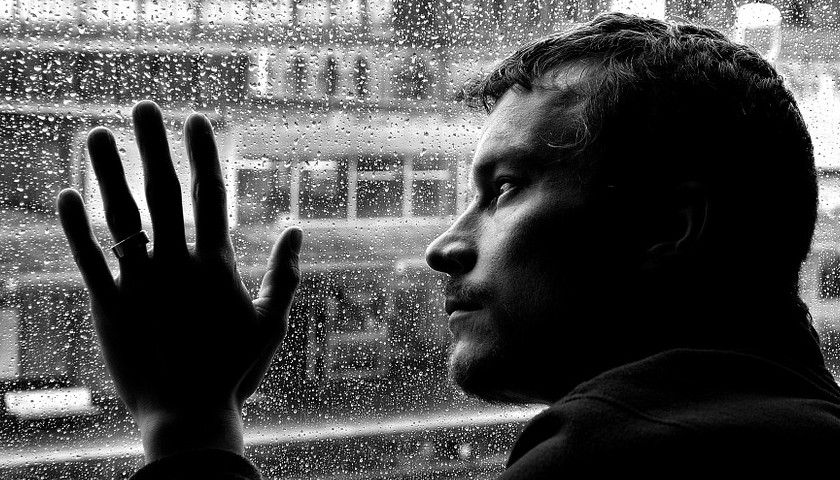The old television show M*A*S*H had an opening song called Suicide is Painless. Many people do not know the origin of the title song, but it is based on a scene in the movie on which the show was based. A character, Captain Walter Waldowsk, was given a placebo rather than an actual drug, as he planned to take his life. In the movie, the medication did not cause harm.
Unfortunately, too many people in our world are indeed inflicting harm and end up taking their own life. The pain they cause goes well beyond the pain inflicted upon themselves. Suicide is not painless. Death leaves survivors.
Mental health issues are real and they have been ignored for far too long in our society. The stigma attached to mental health encourages people to hide genuine problems, which only manifest itself later, creating further troubles for themselves, their loved ones, and possibly society—-if left untreated. David Dobbs wrote about how culture profoundly shapes our ideas about mental illness focusing on the amazing story of Nev Jones, who says we should call this stigma what it is: discrimination.
“Men are notoriously reluctant to ask for any kind of help, and that is especially true when it comes to mental health,” according to writer David Levine. And the research bears out his hypothesis. Most of those in mental health and social work tend to focus their work on children, women and older adults. Men simply get left out, either by choice or lack of experts in this arena.
Gender plays a role in many diseases, including depression. “Male and female brains have differences,” according to Dr. Jerrold Rosenbaum. He adds, “Some psychiatric disorders are more prevalent in men, like autism and schizophrenia, while depression and anxiety are more common in women.” However, many men suffer from untreated depression. The Mayo Clinic states: “male depression often goes undiagnosed and can have devastating consequences when it goes untreated.”
In the United States, suicide is the 10th leading causes of death. That means someone dies by suicide every 12.3 minutes. Recently, I had a very close friend take his own life. He defeated leukemia twice, but could not defeat the physical ailments that accompanied it.
The Centers for Disease Control and Prevention (CDC) reported that over 22 percent of the annual suicides in the United States are veterans of the US Armed Forces. In fact, we lose an average of 20 veterans by suicide every day. This includes active duty military. Ninety percent of those who die due to suicide also have a diagnosable mental health disorder at the time of their death. Our military fought for our freedom, and risking their lives to keep us free: some come home, some don’t come home, and some don’t really ever come home.
Psychology Today recently pointed out that people with mental health difficulties remain among the most stigmatized groups. Suicide prevention has to be a priority for everybody. We must destroy the societal imposed shame placed on those who seek help. We must fight for increased guidance counselors in our schools. We have to encourage men to seek help when they need it. If you need help call the National Suicide Prevention Lifeline is a national network of local crisis centers that provides free and confidential emotional support to people in suicidal crisis or emotional distress 24 hours a day, 7 days a week by calling 800-273-8255.
Steven Hinshaw writes in his memoir, “Stigma breeds shame. Stigma breeds silence.” His solution: Talk about it. I wish more people would address this subject. I wish my friend would have picked up his phone and called me. People need to know that they are not alone.
– – –
JC Bowman is the Executive Director of Professional Educators of Tennessee, a non-partisan teacher association headquartered in Nashville, Tennessee. Permission to reprint in whole or in part is hereby granted, provided that the author and the association are properly cited. For more information on this subject or any education issue please contact Professional Educators of Tennessee.





